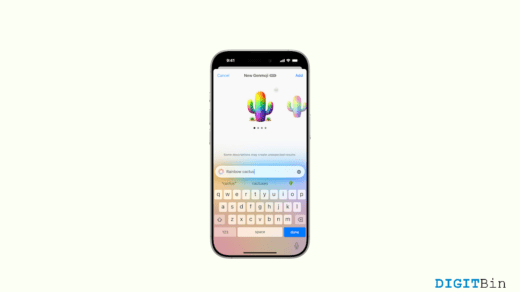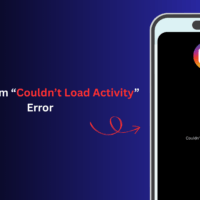Are you eagerly anticipating the iOS 18 update for your Apple device? It marks the latest installment in our iOS series.
In my blog post, we will delve into the details of iOS 18, covering aspects such as device compatibility, release date, and exciting new features.
The highly anticipated launch of iOS 18 is on the horizon, drawing interest from both tech enthusiasts and devoted Apple product fans.
Apple asserts the incorporation of a substantial array of new features, enhancements, and optimizations in this eagerly awaited update.
Join us as we explore intriguing specifics regarding the release date of iOS 18.
New iOS 18 Release Date
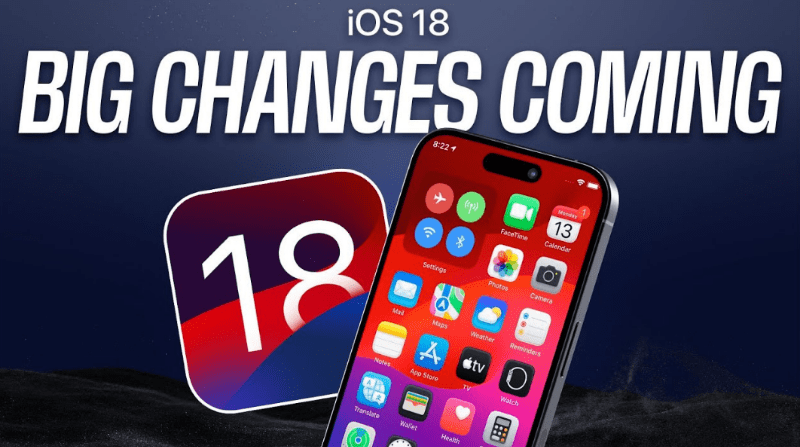
Given historical patterns, it is highly likely that iOS 18 will be launched in the middle of September 2024.
This aligns with the trend observed since iOS 6, where major iOS releases have consistently rolled out between September 13 and September 20 of their respective release years.
The anticipated launch of iOS 18 is expected to coincide approximately with the introduction of the iPhone 16 line and the Apple Watch 10.
However, the wait for iOS 18’s features need not extend until September. Apple traditionally unveils new iOS versions at the Worldwide Developers Conference (WWDC), usually held in early June.
This means that we can expect a preview of iOS 18’s capabilities at WWDC 2024. During this event, key features are showcased, and shortly thereafter, Apple releases developer previews, followed by public betas.
Consequently, those willing to tolerate a few bugs may have the opportunity to try an unfinished version of iOS 18 well before September arrives.
Approved iOS 18 Features
The upcoming iOS 18 update is expected to bring significant improvements to the iPhone, iPad, and Mac. The update will be driven by generative AI technology, which will enhance conversational AI features, providing users with a more natural and engaging experience.
1. Generative AI Capabilities

iOS 18 places a significant emphasis on integrating generative AI technology, with Apple composed to introduce its LLM-powered version of Siri at WWDC 2024 during the iOS 18 developer preview.
This AI-driven enhancement positions Apple to compete with tech giants like Google, who are already joining the capabilities of generative AI features and GPT.
Particularly, conversational AI may experience a major advancement in this update, offering users a more fascinating and natural experience.
The inclusion of OpenAI’s state-of-the-art generative AI technology may potentially result in exclusive features for supported devices, underscoring the company’s dedication to providing innovative and compelling updates for iPhone, iPad, and Mac users.
2. Performance Optimizations
Apple is popular for consistently enhancing performance in its software updates. In the case of iOS 18, the company intends to deliver extensive improvements in both performance and security.
These improvements are expected to optimize RAM usage, introduce enhancements tailored for Pro models, and possibly incorporate improved reality features designed for the upcoming Vision Pro headset.
3. Security and Privacy

Security Improvements
Apple is concentrating on stimulating security features within iOS 18, aiming to create a safer environment for users.
The forthcoming software update is expected to introduce new mechanisms dedicated to safeguarding sensitive personal information and reinforcing the platform’s defenses against potential threats.
In response to the increasing occurrence of cybercrimes, Apple is proactively addressing security concerns by developing the AI-infused iOS 18.
This version incorporates knowledgeable encryption and authentication techniques, boosting the protection of user data.
Beyond iOS 18, Apple’s commitment to security extends to other software updates, including watchOS 11 for Apple Watch and macOS 15 for MacBook Pro, both of which will undergo security improvements.
The ongoing transition to Apple Silicon for Mac devices is expected to enhance the integration of hardware and software security.
Privacy Measures
Apple remains firm in prioritizing privacy as it progresses with the development of iOS 18.
The company is actively implementing fresh privacy measures aimed at empowering users with increased control over their personal data and its sharing with third-party applications.
A prominent feature within iOS 18’s privacy toolkit is expected to be enhanced data encryption in the cloud.
This improvement will allow users to securely store their information, adding an additional layer of complexity for unauthorized parties attempting to access it.
Apple has consistently championed user privacy, distinguishing itself from competitors such as Samsung.
With the impending software updates, the company aims to uphold its standing as a technology leader committed to safeguarding user privacy and data security.
In the broader context, the security and privacy enhancements incorporated into iOS 18, watchOS 11, and other Apple software updates are made to establish a secure and trusted environment for users in their digital interactions.
These updates undoubtedly contribute to strengthening Apple’s reputation as a front-runner in digital security and privacy.
Rumors about iOS 18
Based on previous releases, it’s safe to assume that there will be new features and improvements to the operating system. We’ll just have to wait for Apple to make an official announcement to know for sure.
1. Siri Enhancement
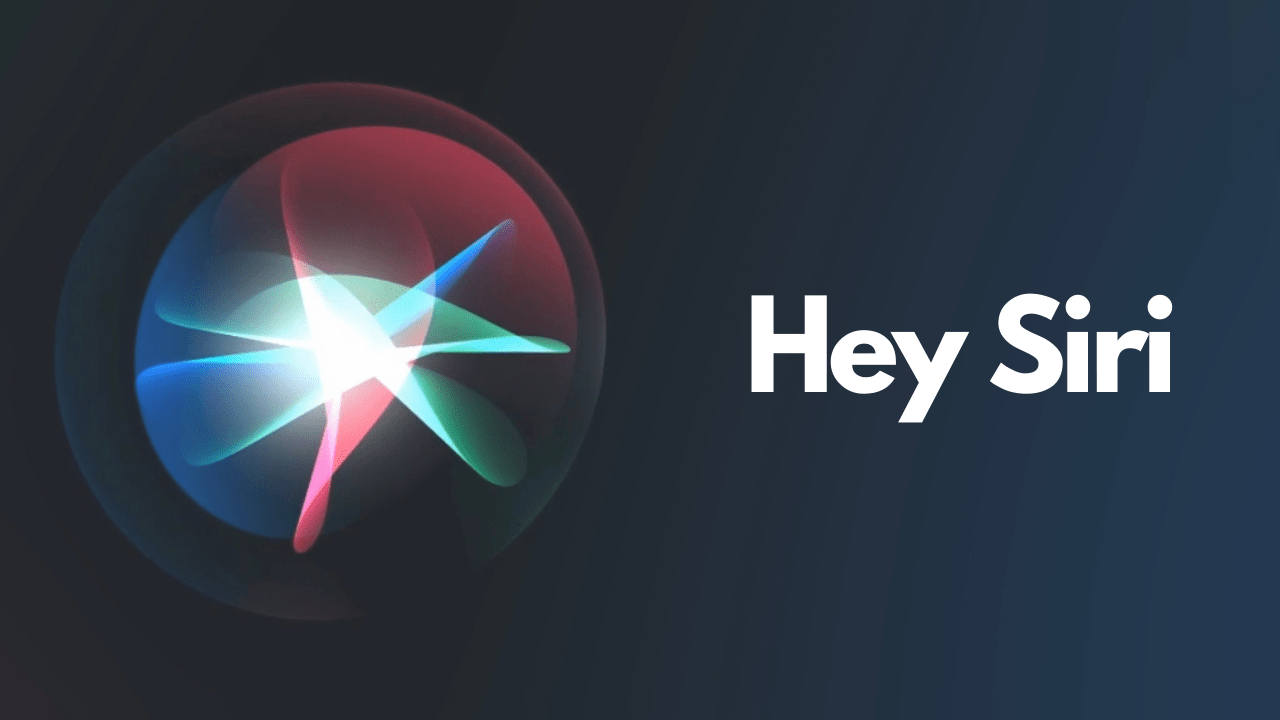
Siri, Apple’s virtual assistant, is overdue for an update. Despite Apple claiming annual improvements to its intelligence, there is still considerable room for enhancement to maximize its utility.
Reports suggest that Siri will undergo significant improvements in 2024, with new capabilities suited to assisting users in automating complex, multi-step tasks through voice commands.
This implies that Siri may gain the ability to seamlessly perform tasks like capturing a series of photos, transforming them into a GIF, and sending the GIF to a friend in a single operation.
The anticipated functionality of Siri aligns with that of the Shortcuts app. Historically criticized for lagging behind competitors like Alexa and Google, Siri’s development has been hindered by Apple’s emphasis on security.
However, Apple aims to strike a better balance between privacy and functionality in this update, potentially closing the gap.
Allowing Siri to integrate with third-party apps, enabling users to control and interact with a broader array of applications using voice commands, represents a significant improvement.
Additionally, the introduction of quiet hours for Siri replies addresses the practical concern of avoiding disruptive, loud responses during late-night hours.
2. Invisible Face ID Scanner in Development
According to a recent report, Apple is expected to discontinue the use of Touch ID entirely and concentrate on Face ID for its upcoming devices.
A reliable source suggests that Apple has permanently stopped the production of components for the fingerprint scanner, indicating that forthcoming iPhones and potentially future iPad tablets will no longer include Touch ID.
Instead, Apple is rumored to be exploring the creation of an invisible Face ID scanner, which would be hidden beneath the display of the iPhone.
Although the specific impact on the user experience with the operating system is uncertain, it is probable that there will be alterations in the overall user interface.
3. List of iPhones Eligible for the iOS 18 Update
In terms of compatibility, I have a clear understanding of the majority of iPhones eligible for iOS 18.
Typically, the iPhone 11 series and newer models are assured to receive the update. However, the compatibility status for devices in the lower range remains, to some extent, uncertain.
While it’s reasonable to expect that the iPhone XR, iPhone Xs, and iPhone Xs Max may no longer be supported, Apple has occasionally extended support for certain older iPhones beyond the standard five-year period.
The potential response from Apple to Google’s recent commitment of seven years of software support for the Pixel 8 series adds an interesting aspect.
If Apple were to adopt a similar policy for the iPhone, it would significantly impact the industry, potentially convincing other manufacturers to provide an extended period of support.
In summary, the likely devices to receive iOS 18 include:
- iPhone XR*
- iPhone XS*
- iPhone XS Max*
- iPhone SE 2nd Gen
- iPhone SE 3rd Gen
- iPhone 11
- iPhone 11 Pro
- iPhone 11 Pro Max
- iPhone 12 mini
- iPhone 12
- iPhone 12 Pro
- iPhone 12 Pro Max
- iPhone 13 mini
- iPhone 13
- iPhone 13 Pro
- iPhone 13 Pro Max
- iPhone 14
- iPhone 14 Plus
- iPhone 14 Pro
- iPhone 14 Pro Max
- iPhone 15
- iPhone 15 Plus
- iPhone 15 Pro
- iPhone 15 Pro Max
*-might not support iOS 18
What People Wish to See in iOS 18
A lot of users are also hoping for a better battery life and faster performance on their devices. Additionally, there are requests for a dark mode for all apps, a native translation feature, and better privacy settings. It will be interesting to see which of these features make it to the final release of iOS 18.
1. Capability to Tap Within a Word
People strongly desire Apple to introduce a feature in iOS 18 that enables users to tap within the middle of a word for cursor placement.
This adjustment would simplify the correction of typos, eliminating the need to press and hold the space bar while dragging the cursor to the desired location.
2. The Control Center to Be Redesigned
The appearance of the Apple Control Center has remained unchanged for an extended period, resulting in a large and limited interface.
As a result, customizable lock screens have gained popularity for their personalized features. Users currently face limitations, as certain toggles cannot be rearranged or removed.
It is important for Apple to enhance the Control Center in iOS 18, providing users with greater flexibility to customize and adjust settings according to their preferences.
3. App Library with Personalization Options
In iOS 14, Apple introduced the App Library, allowing users to simplify their home screens by grouping apps in a designated section.
However, the problem is that the App Library automatically categorizes and organizes apps into folders based on usage frequency, providing users with no control over customization.
While this categorization may suit some users, there is a demand for the flexibility to organize apps according to personal preferences.
Allowing users to arrange apps in their preferred manner would be a positive and beneficial change for Apple.
4. Ensuring Check-in Functionality for Android
Apple has a track record of limiting certain features to iOS devices, such as iMessage and SharePlay. While this may be justified for some functionalities, it becomes less justifiable when it concerns safety features like Check-In.
Check-In, introduced in iOS 17, enables users to inform loved ones of their safe arrival home or, in unsafe situations, share their location with select individuals.
Unfortunately, this feature exclusively functions if both the sender and recipient are using iOS 17, rendering it inaccessible to Android users.
This implies that Android users cannot actively utilize Check In or receive notifications from iOS users.
In anticipation of iOS 18, it is hoped that Apple will extend Check-In functionality to Android users.
Even if Android users cannot automate their own check-ins, they should at least be able to receive automated messages and alerts from friends and family using iOS.
5. Wireless OS Recovery
Currently, an iPhone has the capability to locate an Apple Watch or Apple TV, but this functionality is absent when it comes to locating another iPhone or iPad.
In iOS 18, it is expected that this capability will be introduced, enabling an iPhone to locate and revive another iPhone or iPad in case it becomes inactive. This feature becomes especially valuable as the iPad is positioned as a PC alternative.
The introduction of this OS recovery feature will eliminate the necessity for any wired recovery methods that were previously in place.
Even in the absence of a Mac or iPad, users will have the convenience of reviving their iPhone using a friend’s iPhone effortlessly.
6. Better Camera App

Apple consistently endeavors to enhance its camera app each year, and while significant improvements have been made, there is still room for further enhancements.
The iPhone 15 Pro Max, released last year, features a tetraprism camera supporting 5x optical zoom, LOG video shooting support, improved portrait mode, and more.
Despite the ability for iPhone users to capture RAW and ProRes media through the built-in camera app, there is a notable absence of a comprehensive manual for those seeking professional photography capabilities. Additionally, the camera app’s filters have become stagnant.
The introduction of features like a magic eraser for photos, similar to what is available on Pixel phones, would contribute to an enhanced photography experience on the iPhone.
7. Improved Maps & Navigation
The updating of Apple Maps will result in a navigation experience that is even more fascinating and detailed.
Improvements to the Maps interface, including enhanced visuals such as 3D landmarks and more detailed road information, will prove beneficial.
Users would appreciate features like 360-degree views of specific locations and improved transportation directions.
8. More Functionality for Action Button
Although Apple has introduced an action button on the iPhone 15 Pro Max, its utility is restricted to a singular action.
Despite the fact that the Shortcuts app enables the creation of multiple actions that can be initiated with this button, it only supports a single primary action, specifically clicking and holding it.
It would be an improvement if iOS 18 could provide expanded functionality for the Action Button, such as incorporating actions for double-clicking or holding it down.
9. Transfer Support for Apple Music
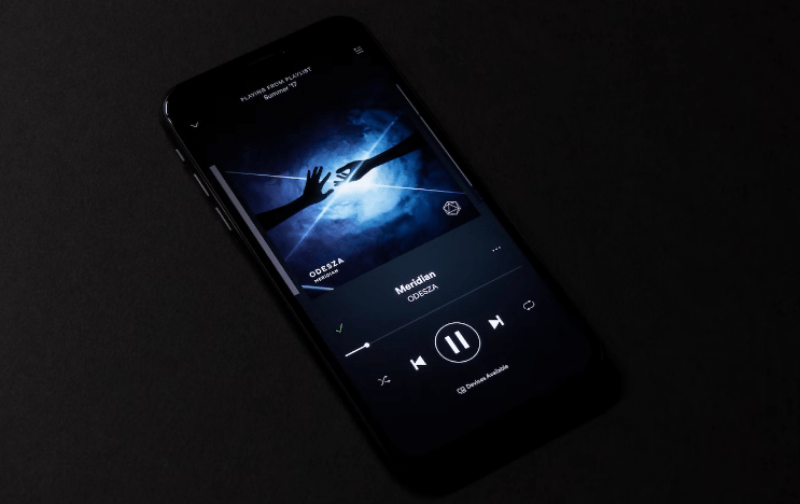
Apple Music is an expensive subscription service that the firm offers. Given the tight environment that Apple has created, one would think that transfer support across iDevices would be available, but this is unexpectedly not the case.
Spotify Connect is a function that lets users manage the queue on any online device from any other device.
Using your iPhone, you may quickly change the audio output device so that you can keep listening to the music queue on your Mac.
At the moment, Apple Music customers can switch the music queue between an iPhone and a HomePod, but not between Macs, iPads, or multiple iPhones.
iOS 18 ought to make the necessary changes.
10. Global Availability of All Features
One of the primary disappointments of iOS 17 was the restricted accessibility of its standout feature, Live Voicemail.
This functionality, enabling users to convert voicemails into text, is exclusively accessible in the United States and Canada.
Therefore, iPhone users located outside these two countries are deprived of this valuable feature.
Frequently Asked Questions
How can I enroll in the iOS 18 Beta?
Upon the announcement of the iOS 18 Beta, it is probable that enrollment will be possible through the Apple Beta Software Program website. This program facilitates users in downloading and evaluating pre-release software, encompassing iOS, macOS, watchOS, and tvOS. It is important to note that beta software can be subject to instability, and it is advised to back up your device before installing any beta versions.
What are the major differences between iOS 17 and iOS 18?
Given that the official feature set for iOS 18 has not been disclosed, it is challenging to precisely identify the key distinctions between iOS 17 and iOS 18. Nevertheless, relying on speculations and reports, users can anticipate notable improvements to Siri, the incorporation of generative AI features, and possibly other ambitious changes, rendering it a compelling update.
How to upgrade my iPhone to iOS 18?
You can update your iPhone to iOS 18 as soon as it’s officially available by navigating to Settings > General > Software Update and following the steps on the screen to download and install the update. It is strongly advised to backup your data on your iPhone before updating, just in case something goes wrong with the upgrade procedure.
Takeaway
The anticipated features of iOS 18 present potential advancements that could significantly impact the user experience.
While the specifics remain unconfirmed until the official release, expectations center around improvements to Siri, the integration of generative AI features, and potential enhancements to existing functionalities.
Notably, the rumored ability to tap in the middle of a word for cursor placement and the desire for a more customizable Control Center reflect user-friendly aspirations.
The potential expansion of Check-In functionality to Android users and the expectation for upgraded Apple Maps further add to the anticipated enhancements.
Users eager to explore these features are reminded to exercise caution during the beta phase and to back up their devices before upgrading.
Overall, iOS 18 holds the promise of delivering a more lively and efficient operating system, addressing user demands, and pushing the boundaries of technological innovation.
If you've any thoughts on iOS 18: Everything We Know and Need to Know, then feel free to drop in below comment box. Also, please subscribe to our DigitBin YouTube channel for videos tutorials. Cheers!


